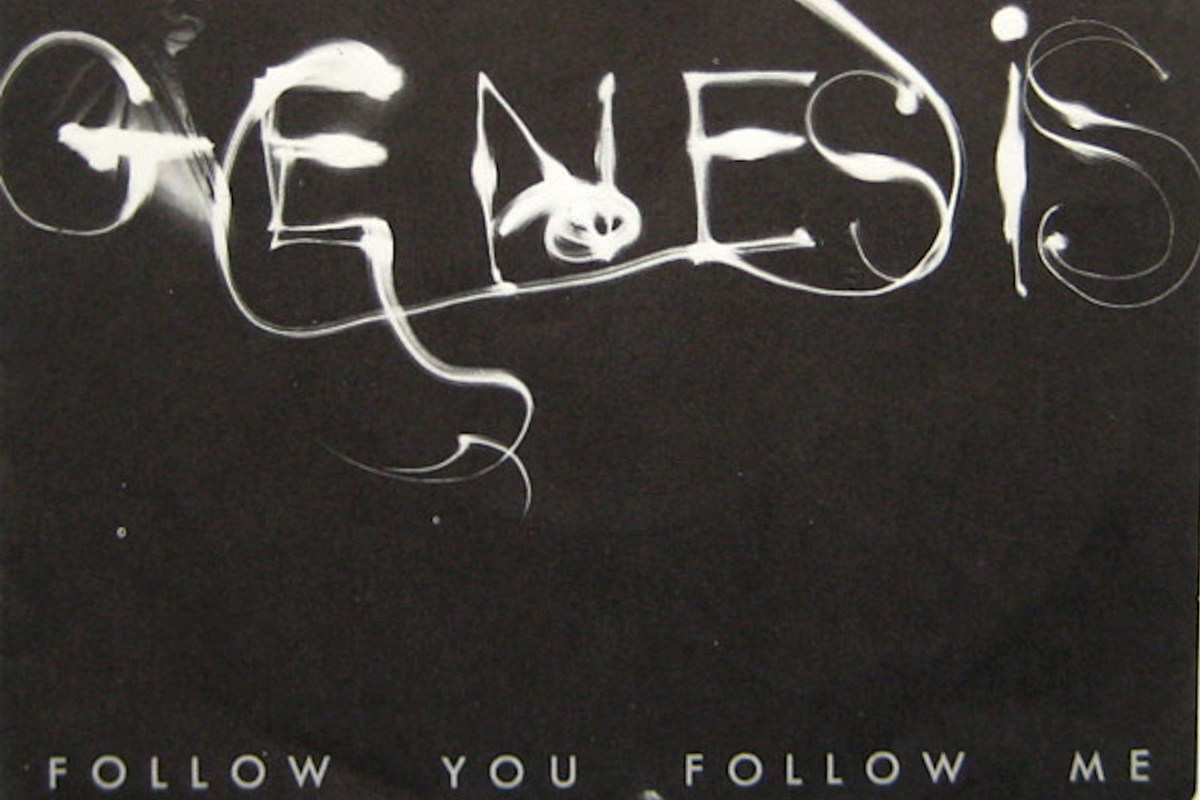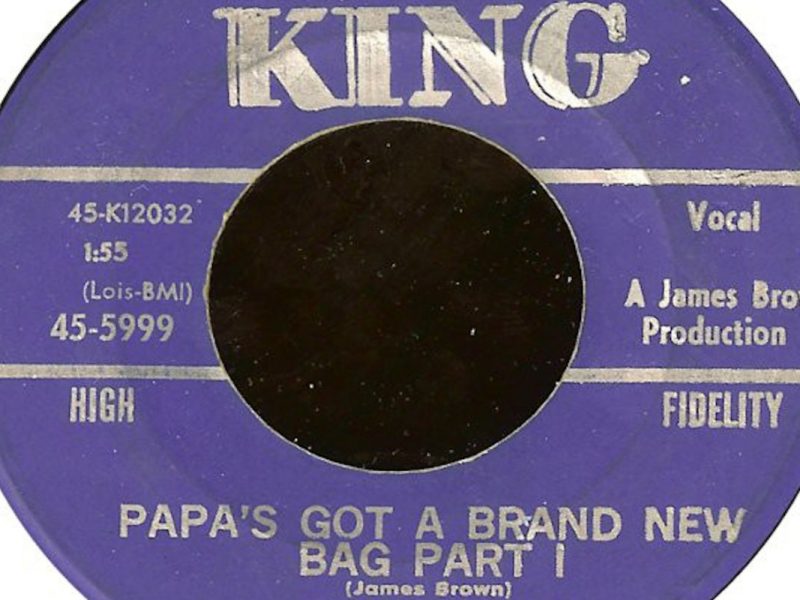Genesis had been flirting with the mainstream for years with the psych-pop singalong of “I Know What I Like (In Your Wardrobe),” the crystalline chorus of “The Carpet Crawlers” and the belted balladry of “Ripples.”
The prog rock masters made their first real commercial move, however, in March 1978: “Follow You Follow Me,” a supple, mid-tempo love song from their ninth album, … And Then There Were Three … , became Genesis’ first worldwide hit — a pivot point in their evolution, emphasizing groove over grandiosity.
Looking back, you’d think it was an obvious single — particularly on an album that elsewhere featured plenty of the band’s signature prog showmanship (“Down and Out”) and fantasy-themed mini-epics (“The Lady Lies”). Instead, it was kind of a fluke that “Follow You Follow Me” wound up a compact soft-rock classic.
The song is built around a hooky Mike Rutherford guitar riff, a repetitive figure that he palm-muted and bathed in a flange effect. Originally, he figured it would be a launching pad for a lengthy piece; once the others joined in — keyboardist Tony Banks with his velvety chords, Phil Collins with his yearning vocal melody and more soul-oriented drumming — they fell into a tighter arrangement with minimal effort.
It was a natural progression: Now a trio, following the recent exit of guitarist Steve Hackett, Genesis inevitably found more space in their music. Plus, having already written so many meandering, multi-part songs, they were already eager to scale back. “Follow You Follow Me,” Three…‘s easygoing closer, was the most dramatic example of this goal — particularly with Rutherford’s romantic lyric.
“I will follow you; will you follow me? / All the days and nights that we know will be,” Collins croons on the chorus. “I will stay with you; will you stay with me? / Just one single tear in each passing year.” (Remember: We’re only three years out from “Here Comes the Supernatural Anaesthetist.”)
Watch Genesis’ ‘Follow You Follow Me’ Video
“Easiest song to write lyrically in my life,” Rutherford noted during an interview on the album’s 2007 reissue DVD. “It took about 10 minutes. I sat down, and it just came out very easily. They’re not astounding words, but being simple and not being embarrassing is often quite hard. I thought, ‘It can’t be that easy. They’re so simple. I don’t know.’ We came from a much more complicated background of lyric writing, and I thought, ‘I can’t just do that, can I?’ But it’s an interesting song because it’s a simple song and the way Phil sang it kept a certain simplicity and mood.”
Not everyone was convinced of its charms: “When we were recording it, our engineer-producer at the time, David Hentschel, didn’t rate it at all, so he was a bit dismissive of it,” Banks said in the same DVD feature. “We did a mix of it, which wasn’t terribly good, I don’t think. Then we played it to the record company, and they said, ‘That’s a hit!’ So we went back and remixed it and got it a bit better.”
Some of the most hardened prog-era Genesis fans may have resisted, but “Follow You Follow Me” found its audience: In his 2014 memoir, The Living Years, Rutherford recalled hearing Pete Townshend praise the song during a radio broadcast; in the DVD feature, Collins said future Genesis touring drummer Chester Thompson remembered jazz-fusion icons Weather Report playing the song on their tour bus.
“Follow You Follow Me” also clicked with the public at large, becoming Genesis’ first top 10 hit in the U.K. (No. 7) and first top 40 single in the U.S. (No. 23). Most crucially, it helped Genesis survive, and stay creative, through the punk and new wave years, when so many of their peers were dying off — pivotal stuff, especially for a simple love song that came together almost by accident.
“It’s an up, happy song that makes you smile without being sweet,” Rutherford wrote, accurately, in The Living Years – and that’s “not an easy thing to achieve.”
Top 50 Progressive Rock Albums
From ‘The Lamb’ to ‘Octopus’ to ‘The Snow Goose’ — the best LPs that dream beyond 4/4.
The ‘Silly’ Phil Collins Joke That Went Too Far



